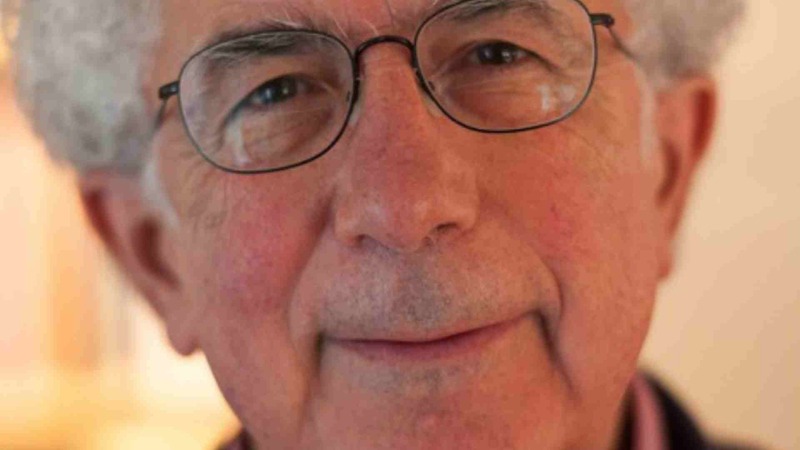You are viewing your 1 free article this month. Login to read more articles.
Tokyo court suspends sales of far-right exposé
A bestseller linking Japan’s conservative government and prime minister Shinzo Abe with an ultra-right lobby group seeking Japan’s return to pre-war values and remilitarisation has had its sales suspended by a court order in Tokyo.
Already in its second edition following sales of 126,000 copies, Nippon Kaigi no Kenkyu (A Study of the Japan Conference) by self-described rightist Tamotsu Sugano had become a sensation after exposing what he claims are immutable, reactionary forces guiding national policy.
Sharing characteristics of the US’s Alt-Right and Russian and US faith-based ultra conservatism, Nippon Kaigi (Japan Conference) is a revisionist lobby unapologetic about Japan’s role in World War II, which wants to recast Japanese politics and culture in a more patriotic mode. Abe is “special adviser” to Nippon Kaigi, which also claims half of the Japanese government as members.
Members of Nippon Kaigi reportedly had asked the publisher repeatedly not to publish the book ahead of taking court action.
Japan’s press has long dismissed references to Nippon Kaigi as a dangerous eminence grise behind Japan’s powerful as conspiracy theory. Sugano’s book is considered the first serious treatment by Japan’s media of a lobby group previously unknown to many Japanese. “Which is why I wrote it,” he told the press.
Throwing out five of the six complaints by a Japan Conference member, the judge upheld one complaint of libel against the unnamed plaintiff, adding that the book could no longer be published if it contained the one upheld libellous claim.
According to political expert Michael Cucek, a professor of social science from Waseda university in Tokyo, the judge “really went far". He said: “Judges here don’t like to issue these types of instructions, so it is unclear what the motivation is and that is the mystery of it. The suppression of information is not particularly attributable to the Abe administration but it (self-censorship) is a long-term problem (in Japan).”
The publisher, Fusosha, and author are now considering their options according to local press reports.
Critics have called the banning of the book a blatant attack on freedom of speech, describing Japan’s increasingly harsh defamation rules as tools of media harassment and censorship.
“Suspending the publication of Mr Sugano’s book places an undue restriction on free expression, especially given the court's rejection of all but one of the plaintiff’s requested corrections,” said Katy Glenn Bass, PEN America's director of free expression programmes.



















